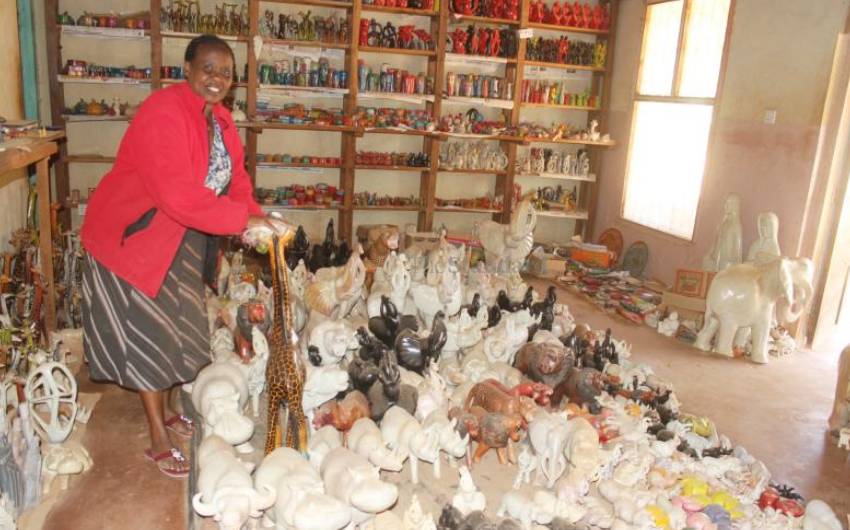×
The Standard e-Paper
Join Thousands Daily

In May 2019, the government announced plans to put up a soapstone value addition centre to benefit soapstone miners in South Mugirango in Kisii County.
The pronouncement was music to the ears of locals who for more than 50 years have suffered at the hands of middlemen, capitalising on the lack of a market for their products and poor mining technology locally.